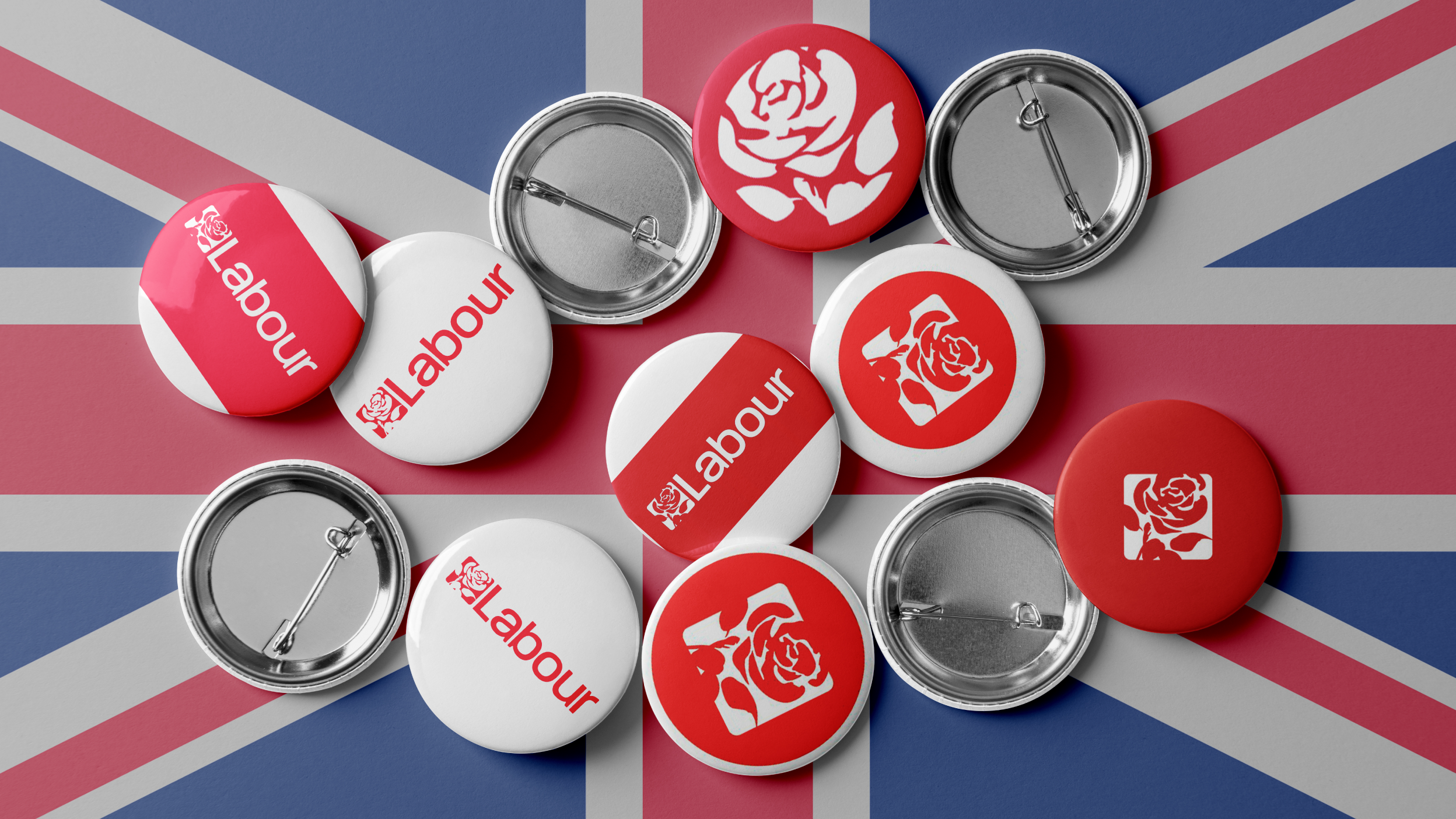
Markets and Economy Inside the markets | Multi-Asset review
Looking at market trends, political developments, the macroeconomic landscape and the impact it has on market volatility, stay ahead with expert commentary.

Sir Keir Starmer’s political honeymoon may be short-lived, as polling group Ipsos suggests public satisfaction with the way he’s been doing his job is in negative territory.
Labour will likely act with initial caution on the economy. Rachel Reeves’ first budget, while it will very likely contain tax increases, won’t significantly ramp up public spending.
Growth, Net Zero and EU relations will be at the forefront of Labour’s policy agenda, emphasising investment in green energy and improved trading relations with the EU.
After the first weeks of the election campaign, the UK Labour Party has extended its poll lead and is currently on course for a victory of potentially historic proportions.
Yet, the safety-first minimalism of Labour’s campaign can make it seem as if there is a lack of clear blue water between them and the Conservatives. So here are four top things to know about a new Labour government.
There are two key reasons for believing that Sir Keir Starmer’s political honeymoon will be short-lived.
First, according to polling group Ipsos, public satisfaction with the way he’s been doing his job as Leader of the Opposition has been in negative territory since March 2021 and remains low at -20%. By contrast Tony Blair’s rating was +22 points in 1997; and David Cameron’s was +20 in 2010. Consequently, Sir Keir Starmer could enter 10 Downing Street without a significant bank of public satisfaction and goodwill, pointing to a short-lived honeymoon.
The second reason is the scale of the challenge facing Starmer and his team. Independent experts1 have pointed to the precarious state of some public services. The independent Institute for Fiscal Studies has warned that on current plans, some Whitehall budgets are facing combined cuts of up to £20bn a year.
Despite this, Labour have ruled out a range of tax increases and pledged not to borrow to fund day-to-day spending. Meeting public expectations for change without the ability to generate significant additional short-term spending power through tax revenues or borrowing will likely prove challenging.
Consequently, Sir Keir Starmer could face some early rebellions against his spending plans from Labour MPs, as Tony Blair did during his first year in office. But given the expected size of Labour’s majority, it shouldn’t affect the overall stability of the new government.
After 14 years in opposition, Labour will likely act with initial caution on the economy. Rachel Reeves’ first budget, while it will very likely contain a number of tax increases, won’t significantly ramp up public spending overall. Labour have taken the lessons of Liz Truss’s mini-Budget to heart and don’t want to start testing the market’s appetite for significant further borrowing at the first opportunity.
However, beneath the current caution lies the ambition to reshape the role of the state towards more active government. Reeves has spoken of introducing “a new business model for Britain.” And Starmer has pledged to “level up workers’ rights in a way that has not been attempted for decades.”
Labour’s new industrial strategy will be at heart of their plans for a more active state, shaped around four sectoral priorities: clean power, life sciences, automotive and digital and creative industries.
Drawing lessons from Covid and the insecurity of global supply chains in an era of geopolitical instability, Labour will actively seek to protect and develop the UK’s remaining manufacturing base.
At the same time, Labour will seek to increase the capacity and capabilities of central government, drawing on insights from economist Mariana Mazzucato that the government should outsource less.
The result will be a more interventionist state across a range of areas from energy generation to foreign investment. A likely early indicator of this new approach will be a request to the UK Trade Remedies Authority to investigate Chinese state subsidies to electric vehicle manufacturers.
Despite having committed to delivering the highest economic growth in the G7 by the end of the first Parliament (i.e. by mid-2029), Labour have announced few detailed policies to deliver that growth. Currently, planning reform, investment in green energy and improved trading relations with the EU form the core of Labour’s policy offer.
Whichever party wins the next election, taxes will almost certainly have to rise. As the independent Institute for Fiscal Studies has been pointing out for many months, under current government spending plans, non-protected government departments (i.e. those outside areas such as health, education and defence) face collective budget cuts of up to £20 billion a year.
Having ruled out a return to austerity yet having pledged to meet the current government’s debt target, it is inconceivable that Rachel Reeves’ first Budget in the Autumn won’t introduce tax rises additional to those Labour have set out in their Manifesto.
Given that Labour have ruled out increases to income tax, National Insurance, VAT and Corporation Tax – and, more broadly, raising taxes on working people – it seems likely that Reeves’ approach will be to focus on closing additional ‘tax loopholes.’
Recommendations from the Institute for Fiscal Studies to rebalance the taxation of income from capital versus labour could prove attractive to the incoming Chancellor.

Looking at market trends, political developments, the macroeconomic landscape and the impact it has on market volatility, stay ahead with expert commentary.

Welcome to our Tactical Asset Allocation hub. Here you’ll find a selection of the most recent research from Invesco Solutions. Read our latest analysis that covers market strategy and opportunities across various asset classes.

In this regular piece, we summarise the key headlines from the quarter that have impacted investment performance.
1 Institute for Government, General election 2024: The precarious state of the state, 7th June 2024
2 IFS, Election 2024, Public finances and the 2024 general election
3 The IFS Deaton Review, Top income inequality and tax policy
Data as at 10th June 2024.
This is marketing material and not financial advice. It is not intended as a recommendation to buy or sell any particular asset class, security or strategy. Regulatory requirements that require impartiality of investment/investment strategy recommendations are therefore not applicable nor are any prohibitions to trade before publication.
Views and opinions are based on current market conditions and are subject to change.
EMEA364051